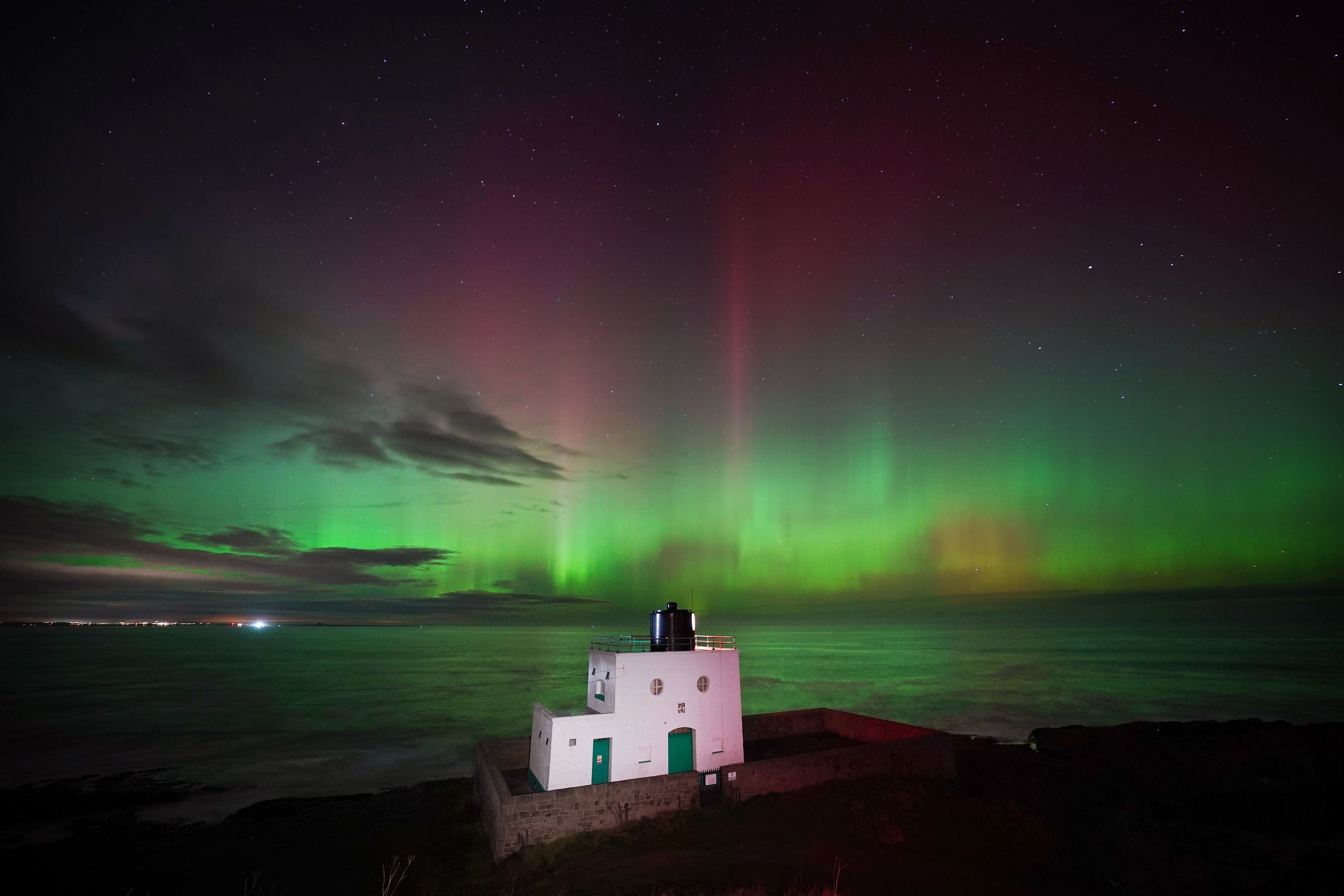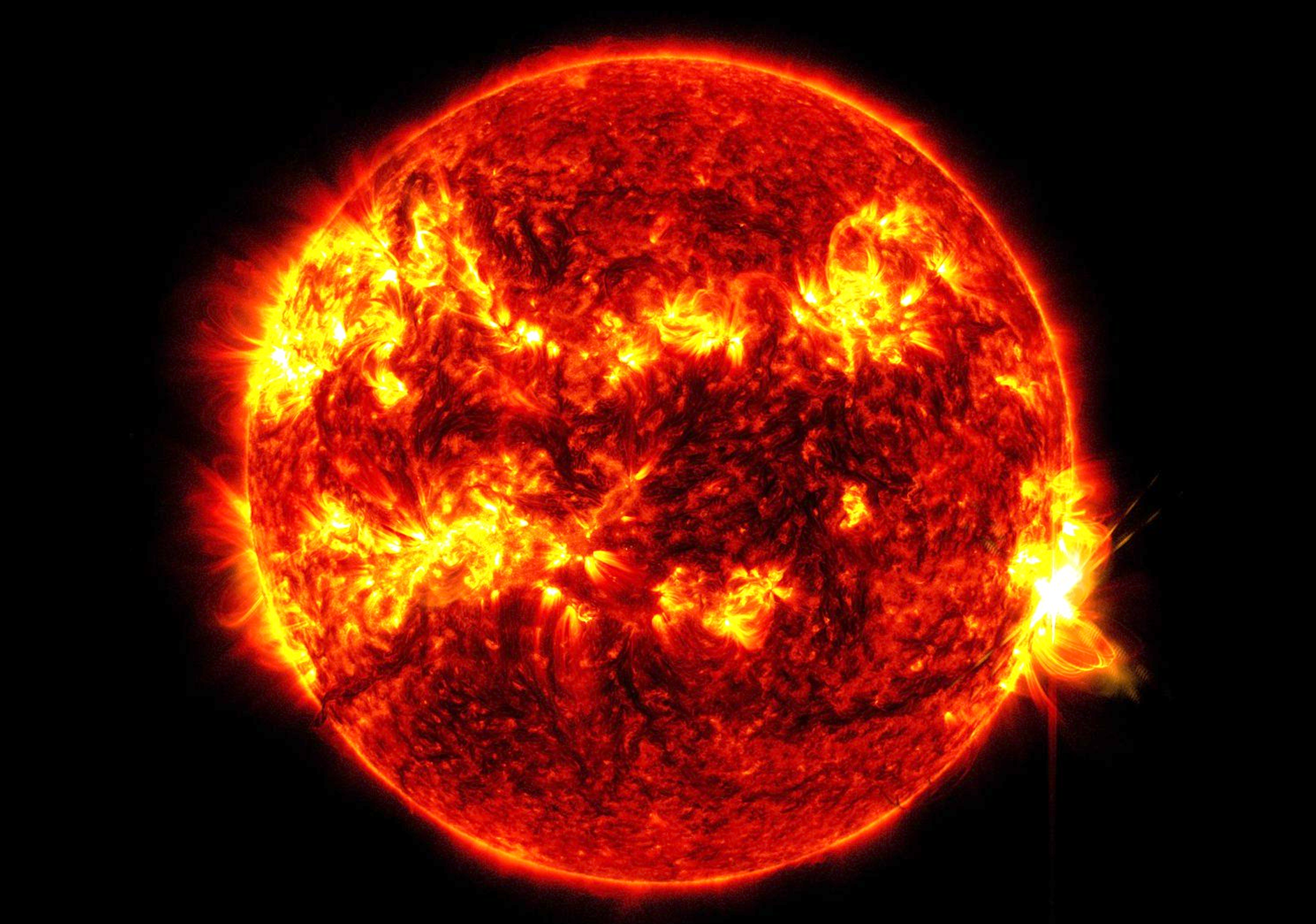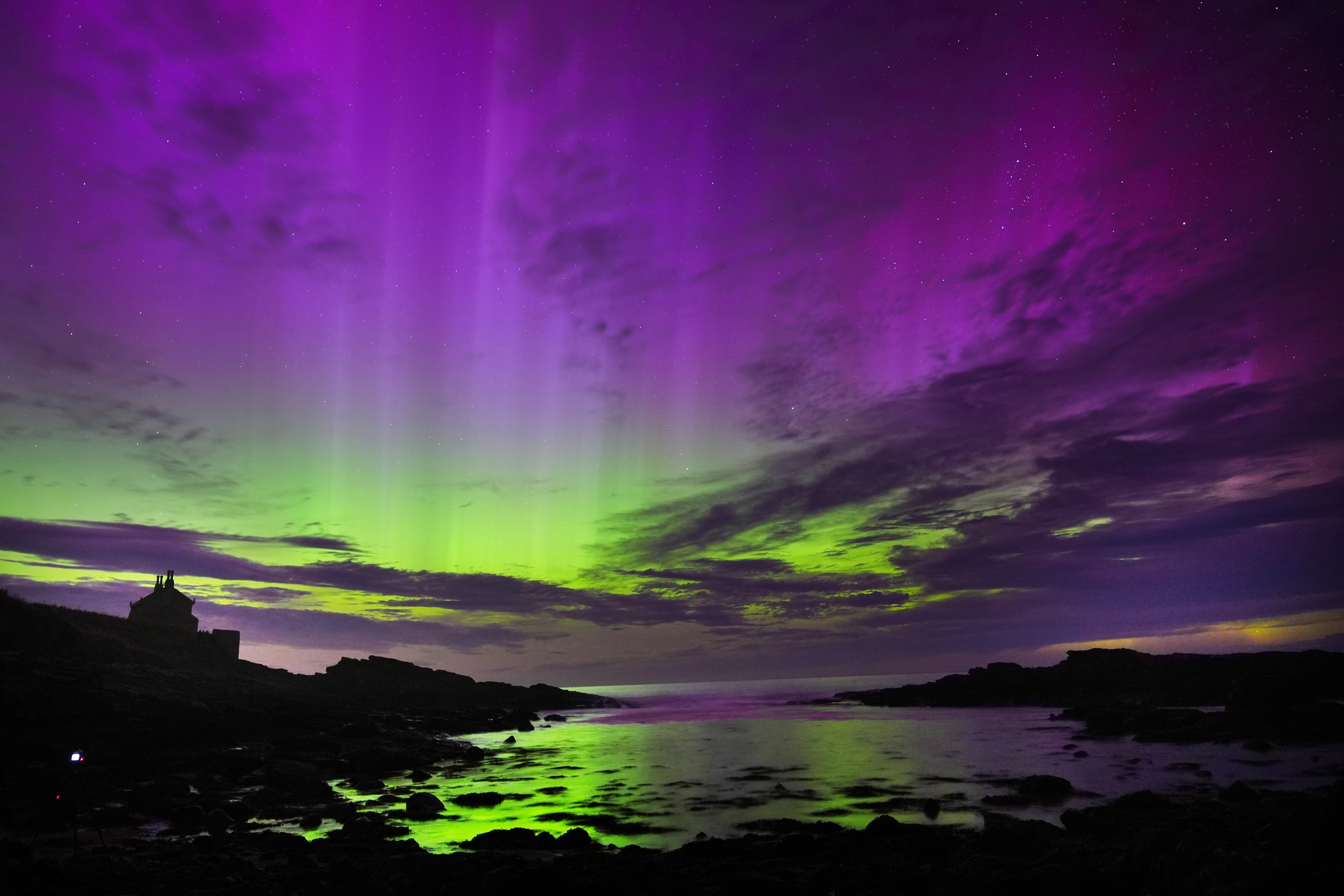Northern lights: Where and when to see the aurora borealis in the UK this weekend
The Met Office has given advice on hiw to have a chance of seeing the northern lights this weekend

Your support helps us to tell the story
From reproductive rights to climate change to Big Tech, The Independent is on the ground when the story is developing. Whether it's investigating the financials of Elon Musk's pro-Trump PAC or producing our latest documentary, 'The A Word', which shines a light on the American women fighting for reproductive rights, we know how important it is to parse out the facts from the messaging.
At such a critical moment in US history, we need reporters on the ground. Your donation allows us to keep sending journalists to speak to both sides of the story.
The Independent is trusted by Americans across the entire political spectrum. And unlike many other quality news outlets, we choose not to lock Americans out of our reporting and analysis with paywalls. We believe quality journalism should be available to everyone, paid for by those who can afford it.
Your support makes all the difference.Skygazers in the UK could get another opportunity to see the northern lights on Friday night and over the weekend, the Met Office has said.
Skies on Thursday night lit up with brilliant greens and pinks, with spectators as far south as Kent enjoying the show.
Here’s everything you need to know to maximise your chances of catching a glimpse:
How can I spot the northern lights this weekend?
The Met Office said that “auroras are possible over Scotland in the early hours of Saturday morning” but that “cloud cover and rain will likely obscure visibility for the vast majority”.
It said: “There remains a chance of some slight geomagnetic activity on Sunday and Monday night, which could bring potential auroras to the north of Scotland, but cloud will once again likely be a factor in any visibility for the public.”

Jonathan Vautrey of the Met Office has advice for those heading out tonight: “You want to be looking to the northern horizon. If you’ve got a clear view of the horizon, you’ve got a chance. Sometimes it’s easier to see through a camera or telescope if you do have them.”
Simon King, the lead BBC weather presenter and meteorologist, posted on X this morning that people should look “away from light pollution”, and that using a camera or phone could enhance the colours as they are more sensitive than our eyes.
What causes the northern lights?
The northern lights, also known as aurora borealis, appear when charged particles collide with the gases of the Earth’s atmosphere around the magnetic poles. This collision emits light of various wavelengths, spilling colour across the skies.
The particles usually come from solar flares – explosions on the sun – or solar gas ejections.
Different colours are produced depending on the gas being energised by the charged particles. Nitrogen – earth’s most abundant gas – emits purple, blue and pink light, whilst oxygen produces green.

Why can we see the northern lights at the moment?
Mr Vautrey said that Thursday’s wave of colourful illuminations was caused by a “coronal mass ejection [CME] from the sun” that arrived at Earth on Thursday morning.
The CME collided with the gases in Earth’s atmosphere, leading to a period of geomagnetic activity.
The Met Office’s space weather forecast predicts there will be “another CME arrival overnight Friday into Saturday”, leading to “further visible aurora”.
Areas with clear skies at the moment have the “ideal” conditions to see the Borealis because there is no cloud cover in the way.

Has 2024 been a bumper year for the Northern Lights?
There have been numerous opportunities to see the lights in the UK this year. May, July and August brought strong displays to skies from the Highlands to Cornwall.
Krista Hammond, a space weather forecaster at the Met Office, said in May: “The sun has a roughly 11-year cycle of activity, and this is from what’s known as solar minimum, which then goes towards solar maximum, and back to solar minimum. And we’re now approaching the solar maximum.”
This period of heightened solar activity is why the lights have been a more common occurrence this year.
Join our commenting forum
Join thought-provoking conversations, follow other Independent readers and see their replies
Comments